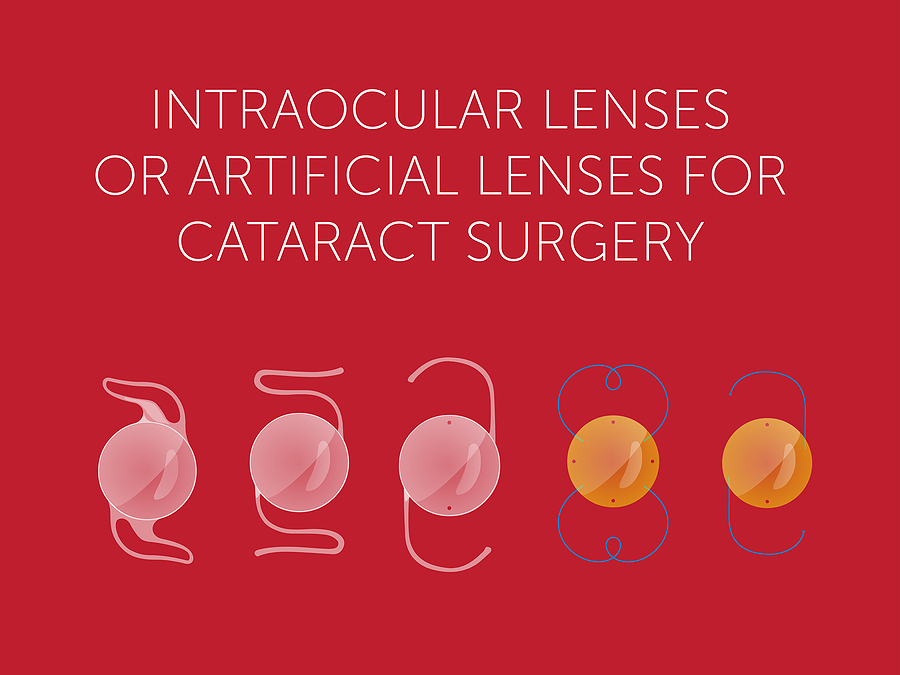The clouding caused by cataracts frequently results in blurred vision, making it difficult to see street signs, publications, or your phone. If you have this condition, you may have difficulty seeing items clearly both close up and far away. We may address the symptoms of cataracts, as well as nearsightedness and farsightedness, without the use of contact lenses or glasses, thanks to new multifocal intraocular lenses (IOLs) available at our New Jersey location. Dr. Kenneth S. Miller has treated cataracts for many years and can help you choose the correct lens for your lifestyle and treatment needs.
What are Multifocal IOLs?
Cataracts are more common as people get older. Proteins cluster together within the eye, distorting and blurring the patient's vision. The clouded natural lens is replaced with an artificial lens during cataract surgery. Multifocal IOLs, unlike monofocal lenses or spectacles that correct vision for a single depth of field, are meant to correct eyesight and increase focus for objects at different distances. This means that a multifocal IOL may adjust to your needs, whether you have trouble reading up close or seeing items at a distance.

The Science Behind Their Function
When you get a prescription for bifocal eyeglasses, you'll notice that the lenses are split into two parts. The upper half of the lens is used for distance vision, while the bottom half is utilized for reading and seeing things up close. Bifocals can be uncomfortable and distract from your appearance, and forgetting or misplacing your glasses can be aggravating. IOLs, like bifocal lenses, allow for clear vision at many distances, and your brain will adjust and learn to automatically determine which focus is required.
With advanced laser cataract surgery and multifocal lenses, you do not have to accept seeing the world with cloudy vision.
Candidacy and Conditions
The revolutionary design of multifocal IOLs can benefit a variety of cataract patients, including those with astigmatism or presbyopia. It's crucial to remember that, while these lenses can significantly improve eyesight and generally eliminate the need for spectacles, there are some circumstances when glasses are still required. One of our specialists will conduct a comprehensive eye exam to assess your candidacy during a full evaluation. Certain medical disorders, such as macular degeneration, may make you ineligible for therapy. Before having cataract surgery, you should be in good general condition.
Improve Your Vision and Quality of Life
We realize how frustrating it can be to be unable to see well and how it can affect your quality of life. You no longer have to accept viewing the world through foggy eyes thanks to improved laser cataract surgery and multifocal lenses. Please call us to schedule a consultation to learn more about how IOLs can help you attain sharper vision.
Our Multifocal IOLs
Depending on their design, each of today's modern IOLs produces a unique result. At Laser Vision Correction Center of New Jersey, we provide patients with several alternatives for selecting the IOL that best meets their needs. Our ophthalmologist will work closely with you to choose the optimal treatment option. The following intraocular lenses (IOLs) provide multifocal vision and correct astigmatism:
Crystalens® Accommodating Intraocular Lens
TECNIS Symfony® Multifocal Intraocular Lens
TECNIS Odessey® Multifocal Intraocular Lens
TECNIS Synergy™ Trifocal Intraocular Lens
AcrySof® IQ PanOptix®Trifocal Intraocular Lens
AcrySof® IQ Vivity™ Extended Vision Intraocular Lens


